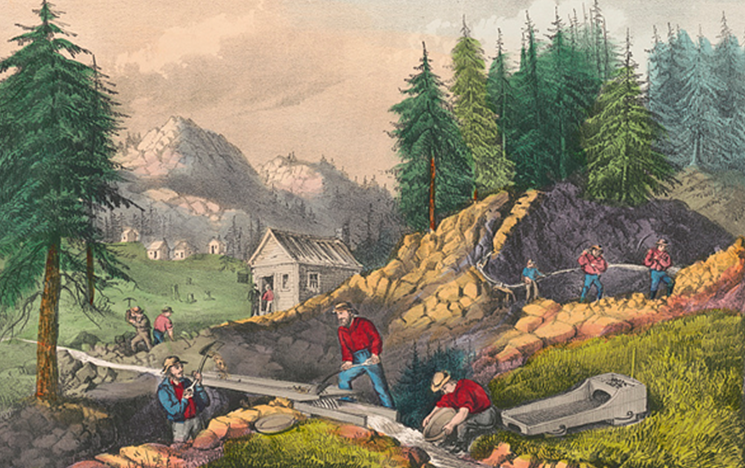About us
Bringing together experts from diverse fields, the Sussex Centre for American Studies fosters a vibrant research community with strengths in histories of resistance and liberation, race, gender, transatlantic studies, philosophy, media, and political agency.
The Sussex Centre for American Studies
The Sussex Centre for American Studies strives to unite the best aspects of its interdisciplinary 1960s legacy with new and developing approaches to the study of North America and its role in the world. Drawing on the expertise of art historians, creative practitioners, film scholars, historians, historical criminologists, literary critics, musicologists, sociologists, and more, SCAS supports a wide range of research projects and events and a thriving research community. Special strengths include the politics of race, gender, and sexuality; transatlantic and international approaches to the study of North America; philosophy and the history of ideas; the environment; visual culture, orality, print history, and media; and political agency from below. We collaborate regularly with other research groups, centres, and units at Sussex, including the Centre for Cultural Studies, the Centre for Modernist Studies, and the Centre for the Study of Sexual Dissidence. We are also engaged with community organisations and institutions in Brighton and Hove, the Sussex region, and beyond.
History
American Studies has a long history at the University of Sussex, dating back to the University’s original horizontal structure of interdisciplinary schools of ‘studies.’ The School of English and American Studies, as the historians Asa Briggs and David Daiches put it in 1963, was exemplary of an interdisciplinarity in which ‘The claims of specialisation are recognised, but specialisation is pursued within an intellectual and social context’. In 1965, Marcus Cunliffe, a leading British historian of the United States, joined the University of Sussex, cementing Sussex’s reputation as a vibrant centre for the study of North America.
The field of American Studies—and the interdisciplinarity that it touts—is a bit of a Cold War artifact that has undergone several transformations since its midcentury emergence as a well funded facet of US cultural diplomacy. In the United Kingdom, American Studies entered the scene with both global and local resonances. As Richard King put it:
Once upon a time, American Studies was a movement as well as a course of study. Participants in that movement such as Cunliffe and Malcolm Bradbury came from the provinces and/or from working-class or lower middle-class backgrounds. Their academic choice of American Studies reflected a quasi-rebellion against the domination of British higher education by the traditional disciplines and British condescension toward American culture.
The serious study of popular culture, working-class people, and the politics of the everyday through the creative use of unorthodox primary sources was a hallmark of American Studies’s approach to the interdisciplinarity that flourished in the postwar academy, paralleling, and often in close conversation with, similar movements in cultural studies, Black and ethnic studies, women’s studies, LGBT studies, ‘history from below’, and, at Sussex especially, subaltern studies. In 1973, seeking more resources for teaching Black American history and literature, American Studies lecturer Arnold Goldman acquired a large collection of materials formerly belonging to Rosey Pool (1905–1971), a Dutch Jewish anthologist of Black writing. This collection includes the majority of Pool’s personal book collection, which today forms an important part of the Sussex Library’s Legacy Collection. Manuscripts and correspondence with authors including Langston Hughes and Chester Himes are housed in special collections at The Keep. Sussex American Studies, in its early days, was already keenly attuned to questions of justice, resistance, and revolutionary possibility.
As US global hegemony grew during the twentieth century, the meanings of American Studies continued to transform, and by the 1980s its scholars had decisively begun to turn their tools toward a critical reassessment of US national myth-making. This included the very concept of an ‘American Studies’; thus in her famous 1998 Presidential Address to the American Studies Association, the literary critic Janice Radway drew attention to the ‘elision of American culture with the United States and the consequent backgrounding of U.S. imperialism that it produced’. Donald Pease and Amy Kaplan’s landmark edited collection Cultures of United States Imperialism (Duke University Press, 1993) marked a newly global outlook in American Studies that took histories of US imperialism, coercion, and violence as key areas for scrutiny.
Sussex, too, underwent numerous changes, as the Keynesian national vision of the 1960s university of which it was a part gave way to an era of neoliberalism. Like many peer institutions, the university reorganised several times, with American Studies degrees brought under the School of History, Art History and Philosophy and, later, the School of Media, Arts and Humanities. In 2007 the Marcus Cunliffe Centre for the Study of the American South was established, to be subsumed a few years later by the Centre for American Studies.
In 2019, SCAS hosted the annual conference of the British Association for American Studies (BAAS). More recent events have included the Subsurface Ecologies Symposium, led by Dr Michael Jonik (2024), and the BAAS Postgraduate Symposium ‘This Is America: Reimagined Pasts and Speculative Futures’, led by Dr Riziki Millanzi (2024).
For more information or to get involved, contact the Director, Natalia Cecire (n.cecire@sussex.ac.uk)
Image credit: 'Gold mining in California’, Currier & Ives print, c. 1871, Library of Congress
